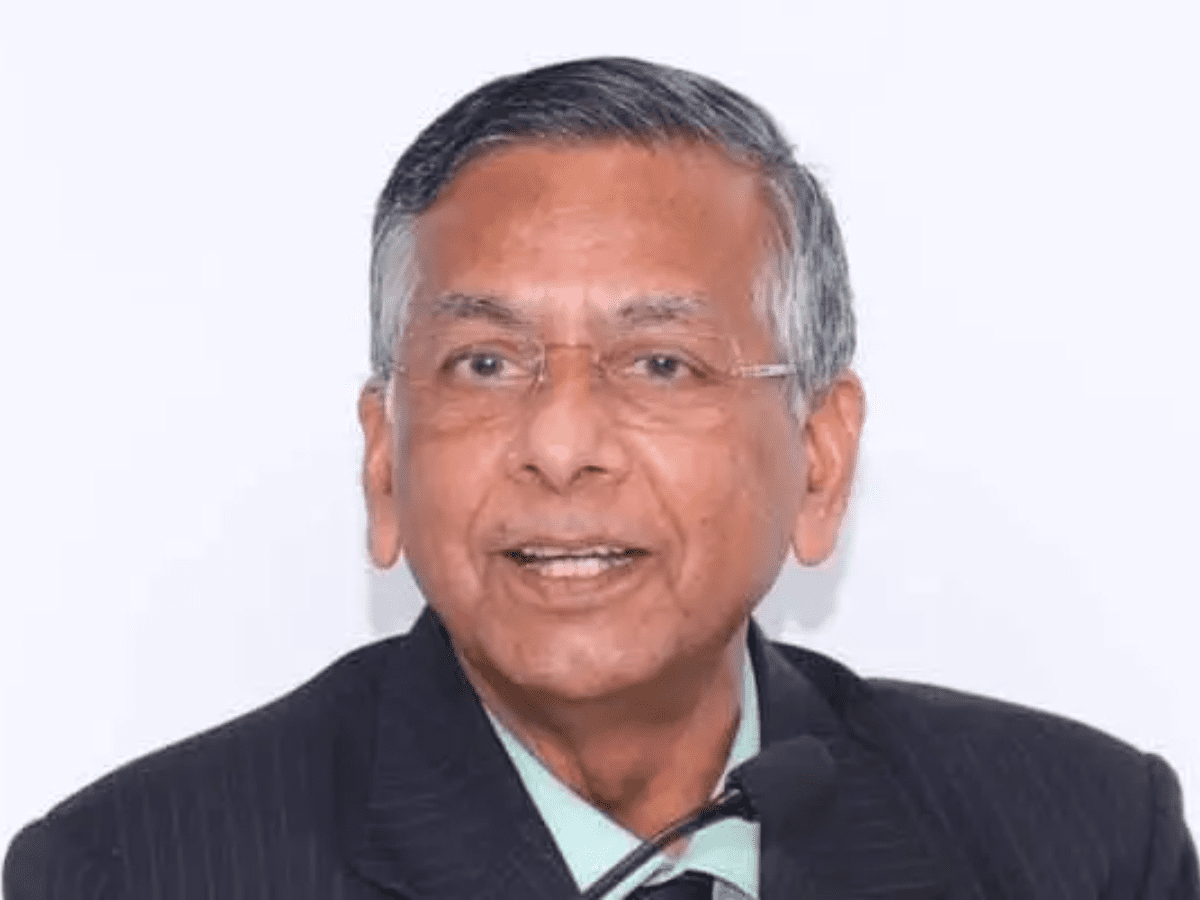
New Delhi: Attorney General R. Venkataramani on Thursday told the Supreme Court that if it were to begin to doubt every step taken by the government in the process of appointment of the Election Commissioners, then it has implications on the integrity and independence of the institution.
A five-judge constitution bench, headed by Justice K M Joseph and comprising Justices Ajay Rastogi, Aniruddha Bose, Hrishikesh Roy, and C T Ravikumar, shot a volley of questions at the country’s top law officer in connection with the appointment of the Election Commissioner Arun Goel.
The bench posed some critical questions to the AG in connection with Goel’s appointment: what deliberation could have been done to finalise his name within 24 hours, same-day clearance, a same-day process completed, and the appointment was made not even in 24 hours. The Centre has maintained that there is no trigger point for the Supreme Court to interfere in the appointment process of the election commissioner.
Justice Rastogi said Goel’s appointment was made at lightning speed and wondered what kind of evaluation was done. Justice Joseph told the AG it appears the appointment was made in “haste, tearing urgency”. Justice Rastogi said what was prevalent in the government was that everything was done in a superfast manner.
Facing this barrage of queries, the AG firmly replied that the appointment was not made in haste and explained that there were many instances of public appointments, which happened within 24 hours, and questioned the top court, “are we finding a fault?”
The bench further queried the AG that it wants to know how the Law Minister shortlisted names for the recommendation to the Prime Minister for the post of EC, and what methodology did the minister deploy to shortlist four names from the data reservoir of the Department of Personnel and Training (DoPT), where he screened hundreds of names and then shortlisted four.
Justice Joseph told the AG that the court is concerned with the process of selection of the candidate and added that the candidate may be academically brilliant but if he is a “yes man” then it is a concern.
“The Law Minister prepares a panel and the PM gets to see the names,” said the bench. The AG replied that there is a process and indicated that nothing is tailor-made to suit a candidate and vehemently submitted that, “if we begin to doubt every step, look at the implications at the integrity and independence of the institution.”
The bench further questioned the AG, what is the foundation of this process (shortlisting for names from the data of DoPT). Justice Joseph categorically asked the AG “how did the Law Minister zero in on these four names?” The AG said he had already explained that the process is based on the seniority of the civil servants.
Justice Joseph then pointed out that even among the four names, which were shortlisted, none of the people will get 6 years as Election Commissioner. He told the AG, the government is required to pick up people who should get 6 years as EC, and queried isn’t it a violation of Section 6 of the Chief Election Commissioner & Other Election Commissioners (Conditions of Service) Act, 1991.
After hearing detailed arguments, the Supreme Court reserved the judgment on a batch of petitions seeking a collegium-like system for the appointment of the ECs and chief election commissioner (CEC).
The Supreme Court on Wednesday told the Centre that it wants to see the files relating to the recent appointment of Goel as the Election Commissioner and emphasised that it wants to see by what mechanism, “he was picked up”, and “there is no danger to produce it (files)”.
